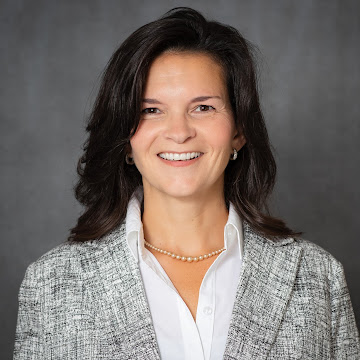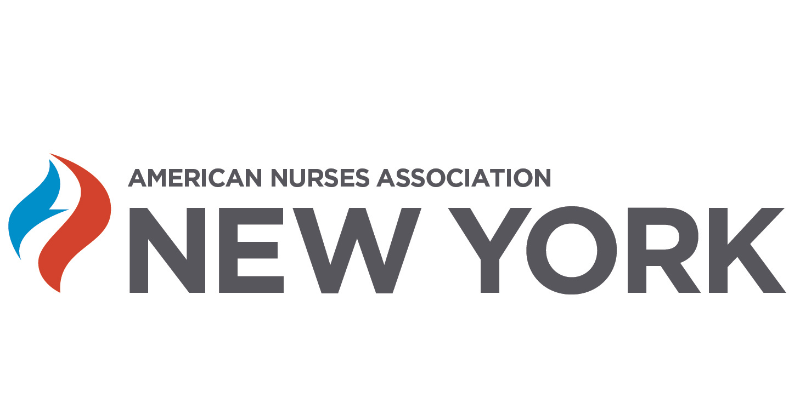Candidate for Nominating Committee, 2025 - 2026 Patricia Sarcona, DNP, MSN, CRNA, AGACNP, CNE Patricia Sarcona, DNP, MSN, CRNA, AGACNP, CNE
Fast Facts About Pattie
With over 24 years of experience as a Certified Registered Nurse Anesthetist in multiple New York health systems, I bring a deep clinical perspective and longstanding commitment to advancing our profession. Currently, I serve as an Assistant Professor and Interim Assistant Program Director in a combined Adult-Gerontology Acute Care Nurse Practitioner and Nurse Anesthesia program in New York, where I mentor the next generation of advanced practice providers. My dual roles in clinical practice and academia uniquely position me to advocate for CRNA education and policy change across the state. What are the biggest challenges facing the profession?One of the most pressing challenges facing CRNAs in New York is the lack of formal recognition as Advanced Practice Providers. Despite undergoing some of the most rigorous and specialized training of any nursing discipline, CRNAs in New York are still restricted from practicing to the full extent of their education and certification. This not only creates barriers to care in underserved areas but also drives highly trained professionals to practice in neighboring states that offer full practice authority. As a result, we are losing talent, voice, and momentum. What experiences, ideas, connection or resources do you have that would allow you to help with those challenges?As a CRNA for over 24 years, working in several health systems in New York, I’ve had firsthand experience navigating practice limitations. I’ve also seen the contrast in autonomy across state lines. I bring a strong network of CRNA colleagues, registered nurses, and advanced practice nurses. I believe in connecting clinical stories with legislative strategy — showing how our restricted practice affects patient care, healthcare access, and workforce sustainability. Name one skill or strength you possess that is unmatched by your colleagues or peersOne strength I’ve developed throughout my career is a well-tuned clinical intuition — that well-developed “gut” that allows me to anticipate changes, recognize subtle shifts in patient status, and act decisively in high-stakes moments. This instinct, sharpened by experience, helps me protect patients and support my team under pressure. I'm a fierce advocate for my patients and a collaborative team player, striving to create a safe, supportive, and highly responsive environment in the OR and beyond. What do you love about being a CRNA? What drew you to the profession?What I love most about being a CRNA is the combination of critical care precision and human connection. I’m drawn to the responsibility and trust embedded in our role—we care for patients at their most vulnerable and do it with skill, vigilance, and compassion. I was initially drawn to the profession because of the autonomy, the intellectual challenge, and the ability to directly impact patient outcomes in critical situations. Please provide at least one idea you believe will engage or involve members to advance NYSANA’s mission.We need a “CRNAs of New York” storytelling campaign highlighting the impact of CRNAs across the state — from NYC to rural hospitals upstate. By sharing patient-centered stories, we can fuel advocacy, empower newer members, and re-engage those who feel their voices aren’t heard. This can be done through short videos, social media, and/or messaging during events. |

